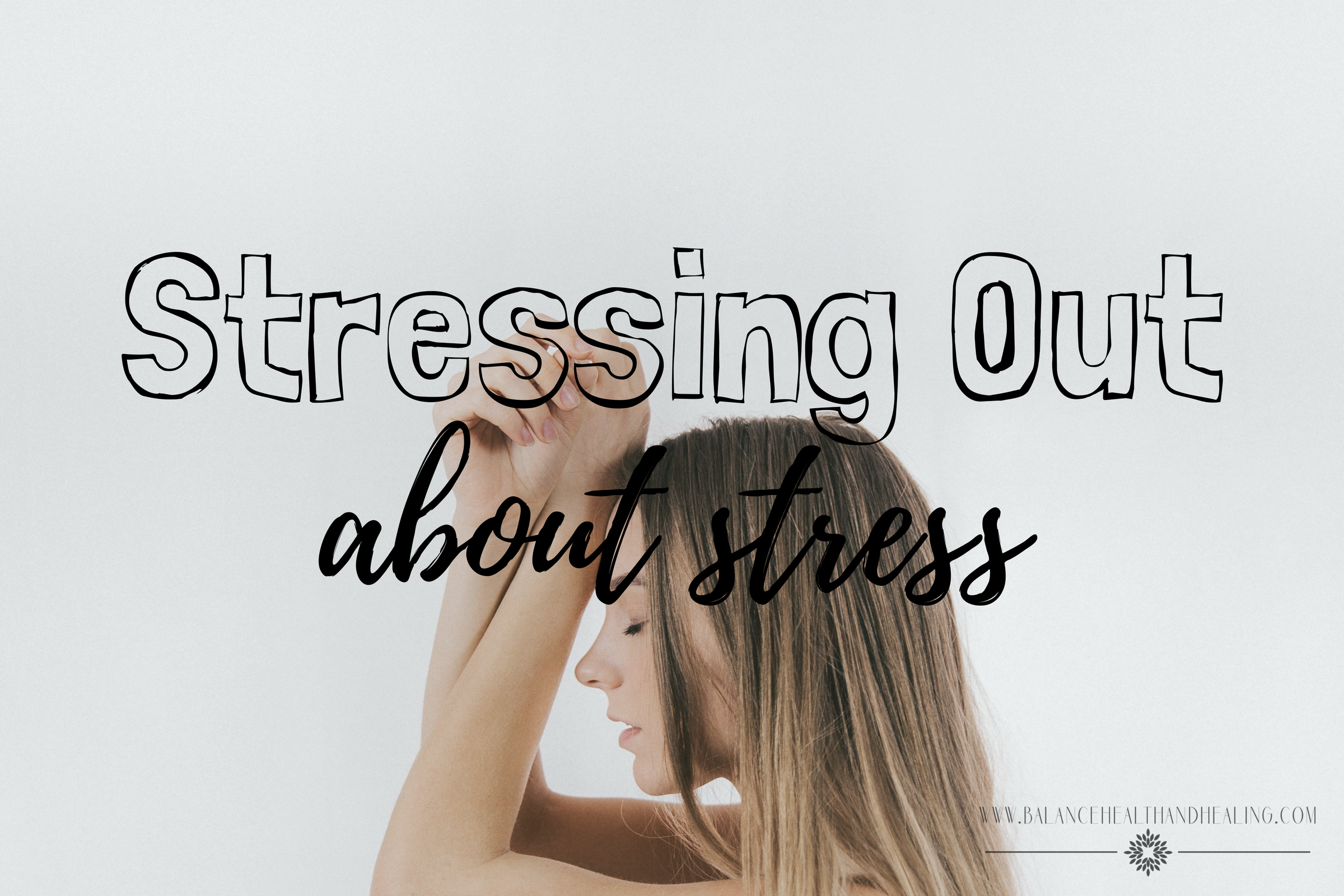About a month ago, I went to the dentist and endured one of the most painful check-ups I’ve had in years. I’ve flossed my teeth nightly for at least eight years, so I wasn’t entirely sure why I was in so much pain. When I brought this up to the dentist, he asked what has been stressing me lately. To which I responded with a list that may have bordered on over-sharing. My dentist was the third person that had brought up stress in regards to symptoms I have been facing and I’ve had a few people bring it up since, so I’m thinking it’s about time that I listen and work on decreasing some stress in my life.
Symptoms of Stress
I read a few lists of symptoms of stress and due to the length, I legitimately got a little bit stressed out reading them! Stress affects so many things!! It affects social, physical, emotional, and intellectual aspects of our lives. A brief, and hopefully less-stressful, list of symptoms are; tense muscles, forgetfulness, fatigue, fast heart rate, quick breathing, panic attacks, digestion problems, sweatiness, frequent colds, irritability, and fear. This is a short list, but when I first began learning about stress I didn’t know that some of the symptoms I was having were due to stress. (Here’s the stress-inducing list of signs and symptoms of stress).
Why We Have Stress
Stress isn’t all bad though, even though it is often talked about negatively. Basically, stress is the fight/flight/freeze response that responds when we are in danger. With this, our brain isn’t able to tell the difference between danger and stress. This response revs up when we are stressed and not in danger, but then we don’t respond in a way that decreases this response after the stress has passed. The fight/flight/freeze response is innate to keep us safe, but the “de-stress” mode isn’t innate, so we need to consciously bring the stress back down.
Stress can be helpful and motivating to tell us something is important and needs our attention. If we didn’t have any stress we would lay in bed all day watching Netflix. But if we have too much stress, we want to lay in bed all day watching Netflix. Because of this, it’s important to find a balance of stress. One where it isn’t so overwhelming that it causes us to fight/flight/freeze with the task that needs to be done… But also that it isn’t so low that we don’t feel the need to approach a task. There are many ways to do this, which I’ll provide resources at the end of the post.
My Realization
The recommendation my dentist gave me after I over-shared with him was to “view brushing my teeth as self-care.” At first his advice elicited an eye-roll response from me (not to his face of course) and I thought, “it’s just brushing my teeth, I’ll just do it and get it done and move on with my day.” Then I started thinking more about it over the next few weeks.
Daily, I have a really long to-do list. And I approach most of them as just something to do. I brush my teeth just to brush them. I eat just to fuel my body, I play candy crush to mind-numb. And on and on throughout my day. Don’t get me wrong, there are still plenty of things I enjoy doing, but a lot of my day is spent just getting things done. As I realized this, I got a little sad that there are so many things I do that I could enjoy if I approached them with a different mindset.
Intentional Self-Care

From this, I have learned that I need to be intentional about my self-care and about my day. I thought that I did plenty of things daily that would be considered self-care. But I did them in a way that didn’t give me the benefit of self-care. Now when I engage in activities I intend to be self-care, I make sure to prepare for them. Such as going in with the mindset to de-stress, seek for enjoyment, practice breathing, and relax my mind and body.
Self-care doesn’t need to be a long, drawn-out activity. It can be simple day-to-day things that are used with the intent to relax and bring some of the stress down. It may be helpful to do a couple-minute self-care activity every hour or two, just to take mini pauses throughout the day to let some stress out.
On a daily basis, it can also be helpful to do a longer self-care and relaxation activity, such as ten minutes of stretching, breathing, doing a meditation, etc. There is no “correct way” to self-care, but if you need a place to start, refer to Kierea’s blog about coping skills.
Turns out my dentist taught me something really helpful about my mental health. I hope that as I am more intentional with my self-care that I can learn to reduce my stress.
How are you intentional about self-care? What helps you de-stress on a day-to-day basis?
Resources
These are some resources I have found helpful. Feel free to add more in the comments.
BYU Biofeedback website. Many resources, handouts about specific symptoms of stress-such as digestion issues, sleeping problems, perfectionism, etc., apps, and a PowerPoint overview about the effects of stress.
TED talk-“How to Make Stress Your Friend”
Calm.com. Meditation, sleep stories, nature sounds, body scans, breathing bubbles etc.
References
Stress Effects. https://www.stress.org/stress-effects/
Stress Effects on the Body. http://www.apa.org/helpcenter/stress-body.aspx
Stress Symptoms: Effects on Your Body and Behavior. https://www.mayoclinic.org/healthy-lifestyle/stress-management/in-depth/stress-symptoms/art-20050987?pg=1

